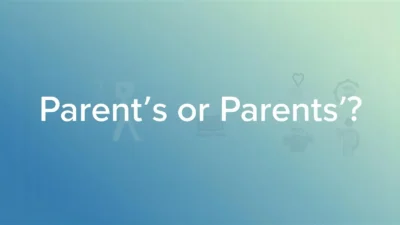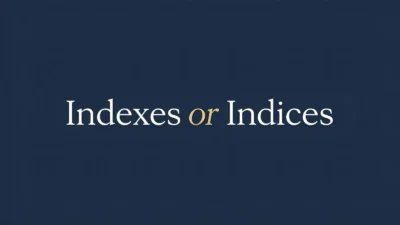Have you ever stopped while writing and wondered whether to use “elses” or “else’s”? 😅
This tiny apostrophe confusion troubles many — from students and writers to even professionals! In such moments, everyone searches “Elses or Else’s?” to make their writing look perfect.
In this article, we’ll clear up this confusion once and for all with simple examples and easy explanations so you can write confidently without any second thoughts.
Elses or Else’s – Quick Answer
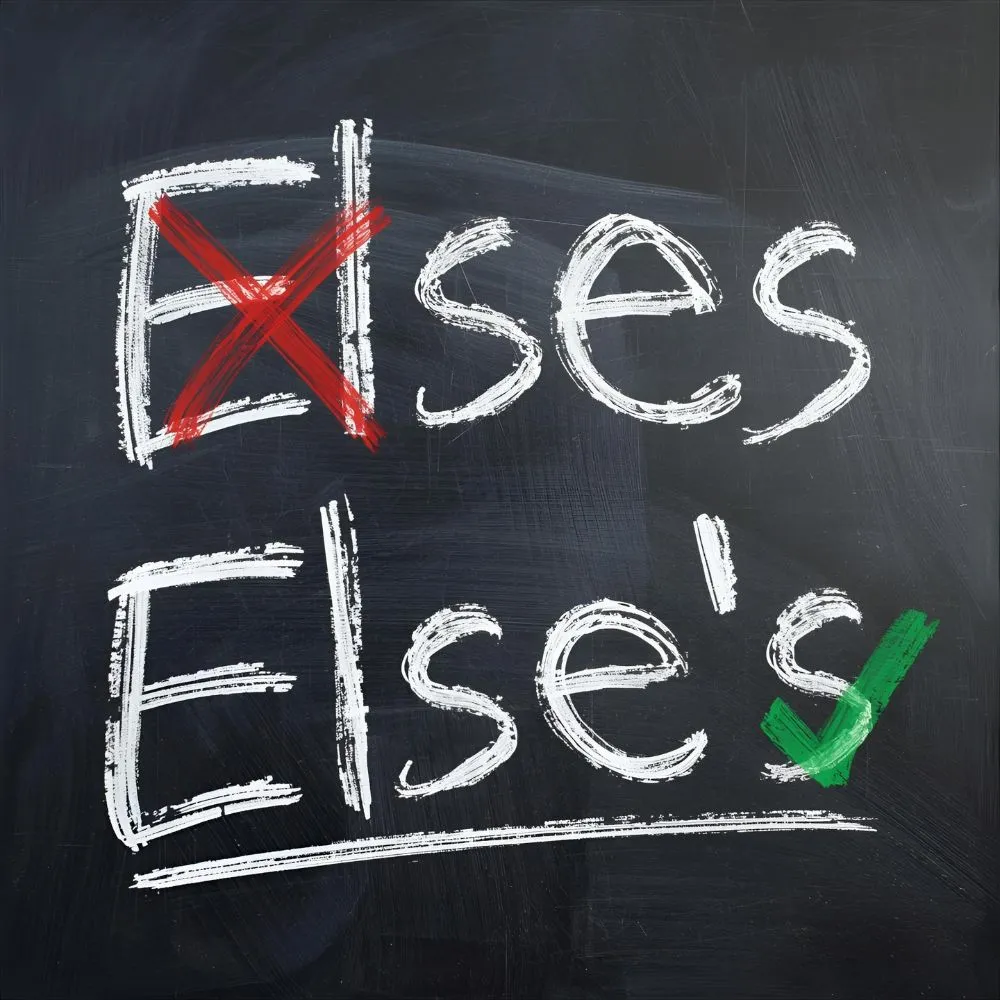
The correct form is else’s (with an apostrophe).
- Example: “That’s someone else’s car.”
The version elses (without an apostrophe) is incorrect in standard English.
The Origin of Elses or Else’s
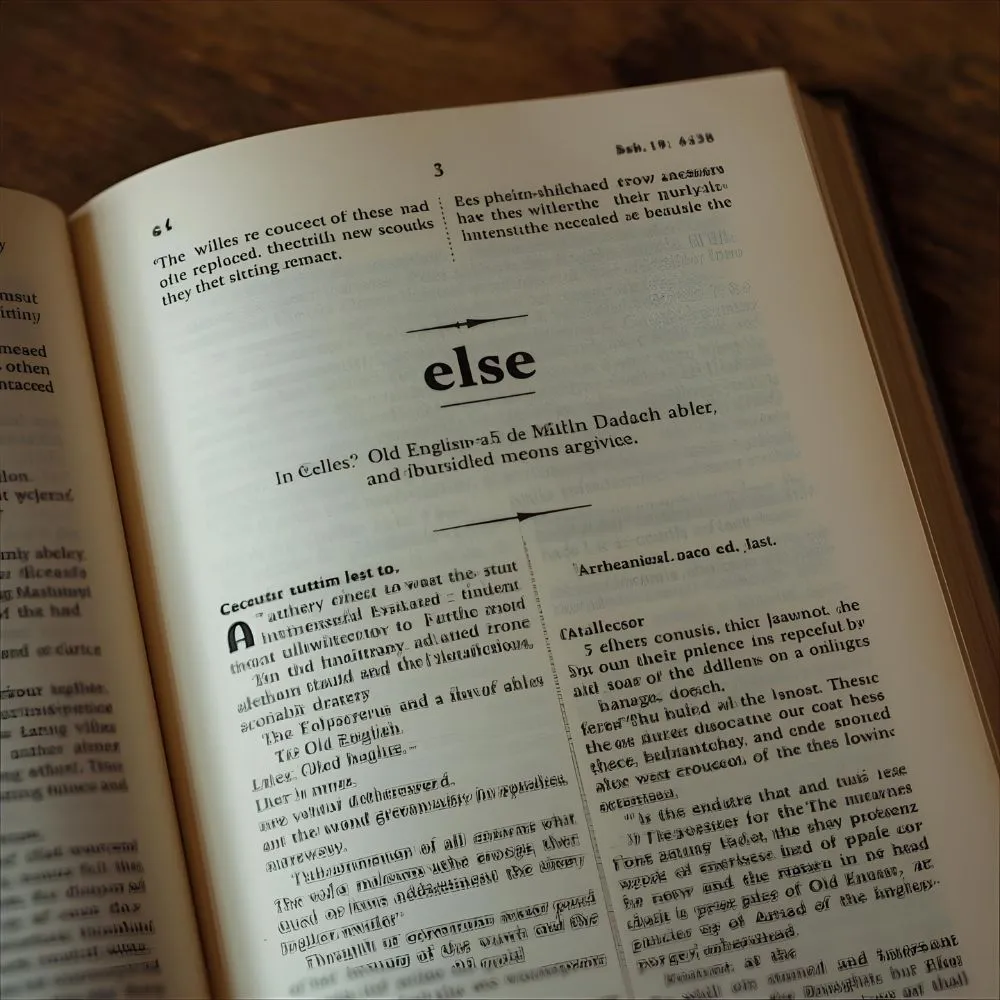
The word else comes from Old English elles, meaning “other” or “different.” Over time, it became a common suffix attached to pronouns like “someone” or “anybody.” When showing possession, English grammar rules require an apostrophe + s. That’s why we write else’s instead of elses.
British English vs American English Spelling

There’s no real difference between British and American English in this case—both use else’s as the correct form. The confusion only arises from misuse, not from regional spelling rules.
Comparison Table
| Form | Correct? | Region | Example |
| else’s | ✅ Yes | US/UK/Global | “That is no one else’s problem.” |
| elses | ❌ No | — | (Not used in proper English) |
Which Spelling Should You Use?

- Students, writers, and professionals worldwide → Always use else’s.
- Online writing (global audience) → Stick to else’s for clarity and correctness.
- Academic/formal contexts → Only use else’s.
Common Mistakes with Elses or Else’s
- ❌ That is someone elses idea.
✅ That is someone else’s idea. - ❌ Nobody elses business.
✅ Nobody else’s business. - ❌ Anyone elses opinion matters.
✅ Anyone else’s opinion matters.
The error comes from skipping the apostrophe, but possession always requires ’s.
Elses or Else’s in Everyday Examples
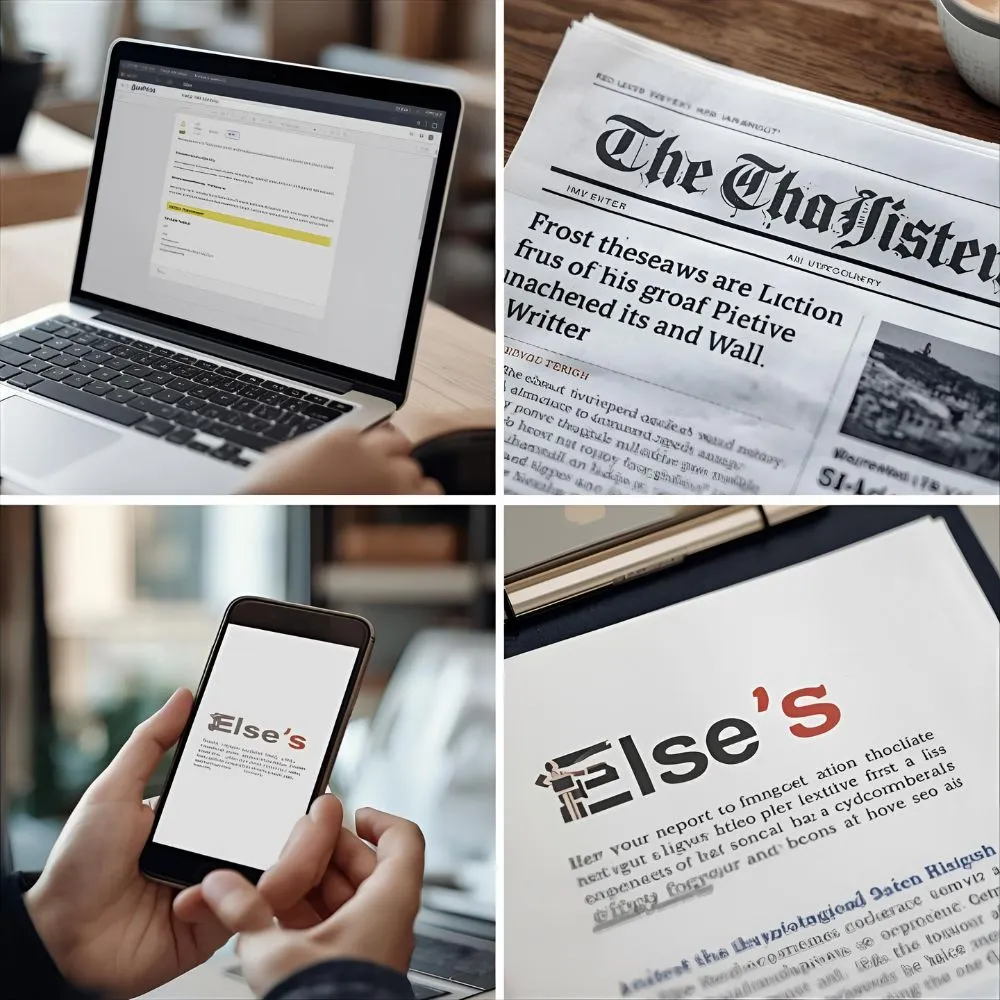
- Email: “We should respect someone else’s time.”
- News Article: “It was nobody else’s responsibility.”
- Social Media: “Don’t copy someone else’s work!”
- Formal Writing: “The committee reviewed everyone else’s suggestions carefully.”
Attornies or Attorneys : Simple Trick to Remember the Correct Form
Elses or Else’s – Google Trends & Usage Data
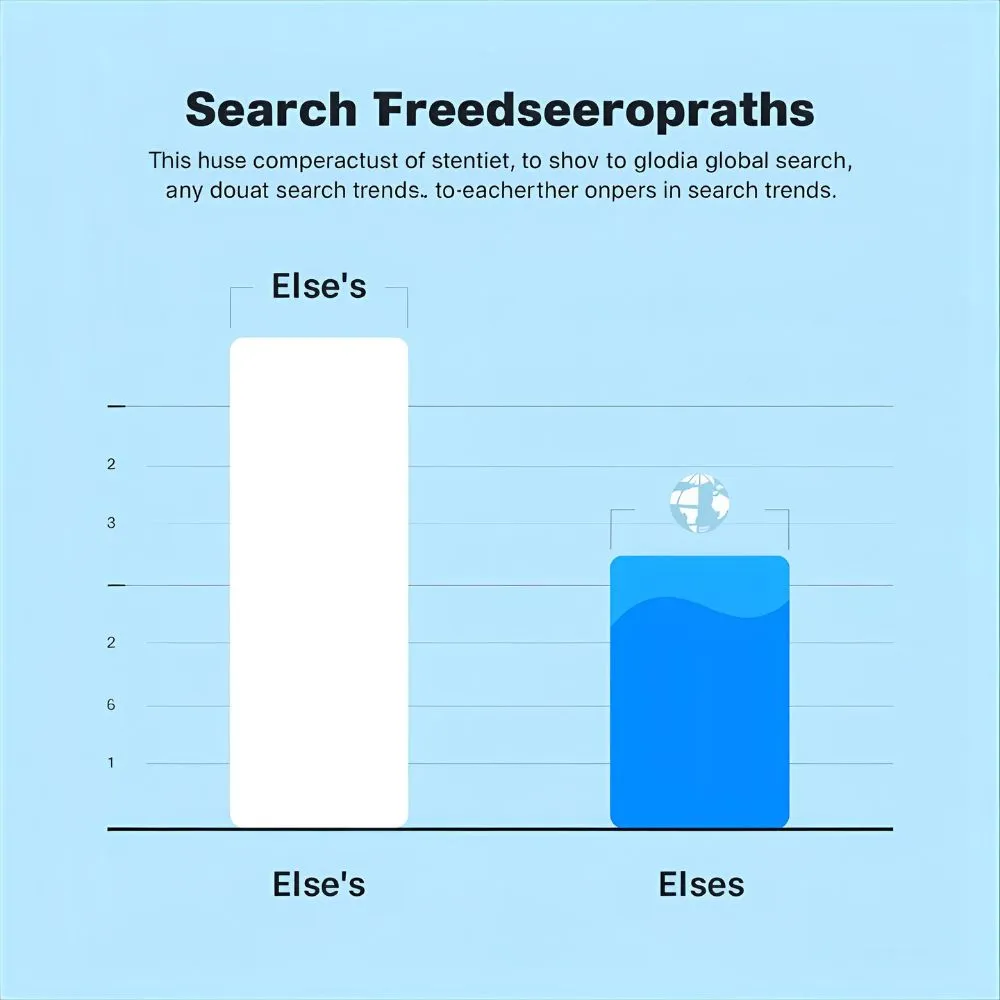
- Else’s is the correct and widely used form in both American and British English.
- Elses shows occasional spikes in Google searches, usually from grammar learners making mistakes.
- Global trend → People search “elses or else’s” mostly in English-learning regions like India, the Philippines, and Africa.
Comparison Table of Usage
| Search Term | Popularity | Correctness | Usage Context |
| else’s | High | Correct | Academic, professional, casual |
| elses | Low | Incorrect | Mistaken spelling, search queries |
FAQs
1. Which is correct: elses or else’s?
The correct form is else’s.
2. Can I ever use “elses”?
No, elses is not used in standard English.
3. Why does “else” need an apostrophe?
Because you’re showing possession, e.g., “someone else’s idea.”
4. Is there a plural of “else”?
No, “else” is not pluralized—it only attaches to pronouns.
5. Do British and American English differ in this usage?
No, both use else’s the same way.
6. How do I avoid mistakes with else’s?
Always think: “Does it show possession?” If yes → add ’s.
7. Is “someone else idea” wrong?
Yes, it must be someone else’s idea.
Conclusion
The debate between elses and else’s is simple to resolve once you know the rule: only else’s is correct. The apostrophe shows possession when else follows a pronoun, as in “someone else’s car” or “nobody else’s opinion.” The form elses is not standard and should be avoided in formal and informal writing. Since both American and British English agree on this usage, you don’t have to worry about regional spelling differences. To ensure accuracy, always double-check that you’ve added the apostrophe before the s. This small detail makes your writing polished, professional, and grammatically correct. With practice, you’ll never confuse elses and else’s again.


